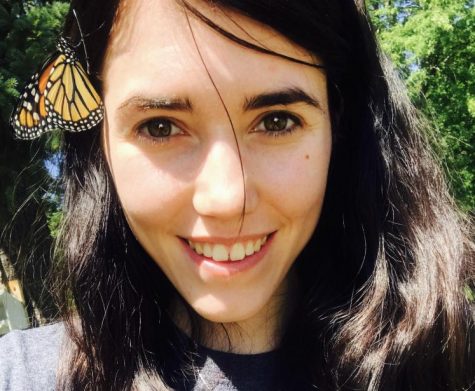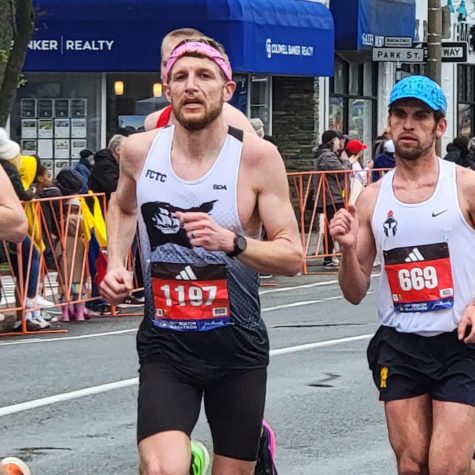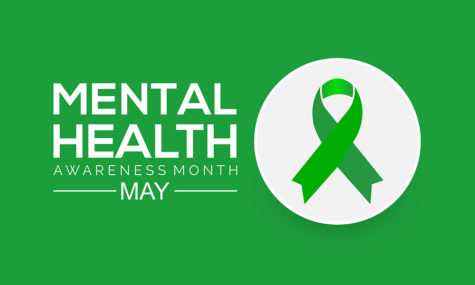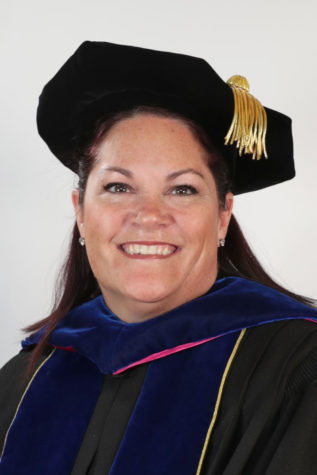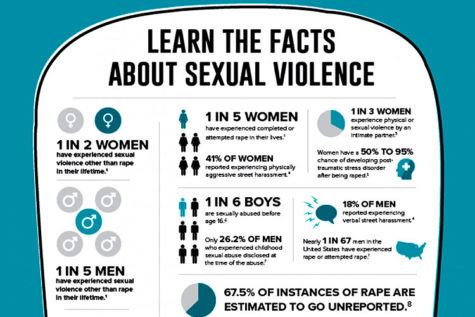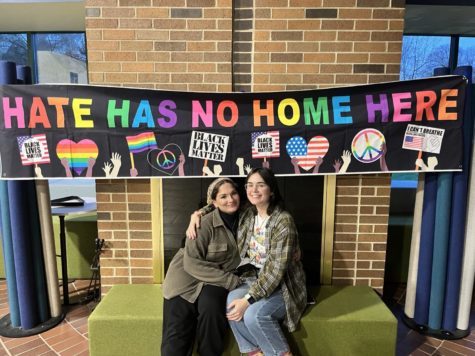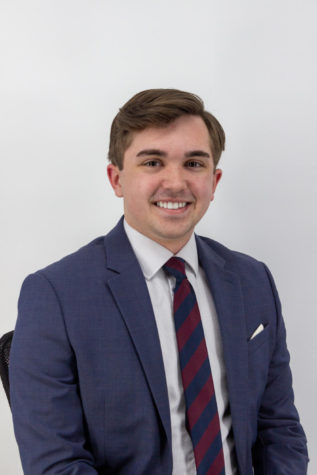Hurst students simulate poverty
September 26, 2017
On Sept. 21, about 60 Mercyhurst students took part in a poverty simulation hosted by the Greater Erie Community Action Committee (GECAC) at Ss. Peter and Paul Byzantine Catholic Church.
Students were assigned to a character that was considered low-income. Over the course of the “month,” an hour-long time period with approximately 15 minutes allotted for each week, the students were challenged to pay all of the necessary expenses for living. They were able to access several major organizations in a simulated town, including an employment center, grocery store, school — the only location that did not require the use of a transportation pass to simulate a bus ride — and public service.
Kim McCaslin, associate vice president of operations at GECAC, led students in a discussion after the simulation was over. Students simulating children in families did not feel that their parents spent enough time at home and did not talk to them or listen to their advice. They also did not feel like a family unit.
Despite this, some families in the simulation were able to get out of an eight-person homeless shelter and into housing, while others were able to make money and work their way out of debt. Some students who had started the simulation unemployed were able to get a job, but most were unable to get hired.
It was difficult for students to succeed in paying for all of their expenses because there was no time to plan out what everyone was going to do during each 15-minute “week.” Students were also required to spend three to five minutes at the end of each time frame for mostly unproductive ‘weekends.’
Katelin Snable, junior Religious Studies and Social Work double major, was assigned to be an older, fully employed husband with an unemployed wife, a 15-year-old child with a part-time job and a disabled father-in-law.
“For me, I had to go to work, so then there wasn’t enough time for me to go to the bank and cash my checks because we were only allowed 10 minutes to do things,” said Snable. “It was a time-management thing, cashing in everything, making sure all your bills were paid, you had all your food, so it was stressful.”
Meanwhile, McCaslin noted some of the challenges and decisions faced by those under the poverty line.
“People that live in poverty or don’t have enough money are constantly in a crisis mode, so it is really hard to preplan,” said McCaslin. “You can’t think ahead, you can’t think about going to college, or think ‘should I get insurance?’ or ‘should I start saving for my retirement?’ When you are just trying to make sure that you make your car payment, you get your kids to school, there is always something that is happening. It is a very stressful situation. People with low income work very hard.”
McCaslin said that GECAC has been holding poverty simulations for approximately 10 years with 70 to 80 students and community members attending each. She was pleased with the turnout for the simulation and believed that the students had a great experience.
“Poverty can happen to anybody at anytime. You are just one medical crisis, one car accident, one change in legislation away from being in poverty,” said McCaslin. “I think that people shouldn’t look at it as ‘this could never happen to me.’ It is happening to our neighbors. It’s people that we know, our family members. It’s widespread, so we have to pay attention to it and try to alleviate it.”
Laura Lewis, Ph.D., professor of Sociology and Social Work, has been requiring social work students and her various classes to attend poverty simulations since her second year teaching at Mercyhurst.
She believes that it is important for students attending these poverty simulations to understand what poverty really is.
“I think that through reading about poverty and having discussions about poverty, we might understand it at one level. When you go through and you get a very small taste, and you have more of an emotional connection to it, then it reinforces some of the things that you have learned,” Lewis said.
Experiencing what poverty is like, even through a simulation, is crucial to understanding the struggles that millions of people in America are forced to endure every day.
“It is easy to deny what people are going through if we don’t have an experience of what they are going through,” said Lewis.
Snable called the event an eye-opener.
“Everything is situational, so something could happen, in life you have medical and other emergencies, so it becomes really stressful to imagine your life having to be like that each and every week,” Snable said.
Deanna Callerame, senior Biochemistry major, feels differently about poverty now that she has had this experience.
“The problem of poverty in the world never seemed like it was my battle to fight, but after this experience, I feel like it is,” she said.

